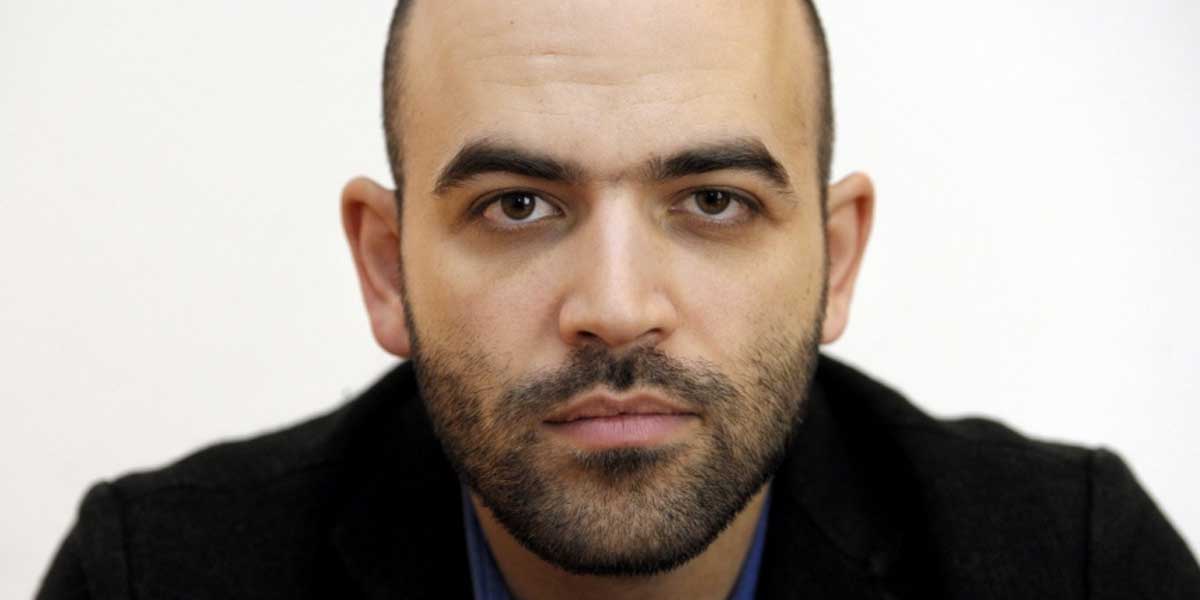I decided to say farewell to Marco Pannella my way. I decided to tell him, as he always did, as he also did with me, “see you right now!” (a subito!), because there is no time to walk down the memory lane and glee about past victories, and the time we have left we must use it with commitment in order to make sure his ideas, those that we feel congenial (and nobody said you have to like them all), are still able to walk and conquer mind spaces.
What Pannella has begun and that still right now hasn’t been cared for enough is much, too much. So many are the fronts where these battles take place I can’t list them all, without doing wrong to all those who, like Emma Bonino, have always been active inside the boundaries of an immeasurable movement.
From Radicali Italiani’s secretary Riccardo Magi, to those that have been stubbornly working for years on drug laws (Roberto Spagnoli, Marco Perduca), jails (Rita Bernardini, Luigi Manconi), justice system (Maurizio Turco), death penalty (Sergio D’Elia), information (Massimo Bordin, Alessio Falconio), all the way into the abolishing of the injust, horrible law n. 40, that we owe to the dutiful work of Filomena Gallo and Associazione Luca Coscioni, to the fundamental campaign of information about the end-of-life and the living will (Marco Cappato).
That is why I chose to dedicate these lines to the last denied right about which Marco Pannella had focused and had tried to gather attention, along with Matteo Angioli and Laura Harth. A simple right, the universal human right to know.
But what did Pannella mean with the phrase “universal human right to know”? And why did he employ his very last days and words to support this right that, in the end, seems so obvious if not trivial? I have asked this to myself and I found an answer that maybe is not trivial at all. The human right to know is the right of the rights. It is the fundamental right, it comes before every other right, even before the right to happiness, because it is the one right that states the necessity to know how and why governments on various degrees take those decisions that influence the lives of the citizens, their human rights and their civil liberties.
It is because it’s a right that focuses the attention on a fundamental agreement, the one between citizens and those who govern them. It is because it’s a right that, by inquiring the delegating process inside this agreement, takes the attention back on the obligation for a subject assigned to a public charge to account for his actions and take full responsibility about the positive or negative outcomes. The word for it is accountability, but in substance it is all about giving back trust to this agreement, between citizens and politics (politicians?), that is nowadays at its historical minimum.
There is no battle for civil rights without trust that doesn’t resemble a march of madmen walking towards a palace that gets farther the more they stride. There can’t be any real and emotional investment on the future without trust. Without trust, there is no community, nor happiness, nor justice.
There is an interesting article on www.radicalparty.org to be read; it explains how the good functioning of the mechanisms of democratic oversight not only contribute to the progress of democracy itself, but they give back trust and the sense of institutions to those who stop being subjected to them and start to be living them with participation.
The U.S. Senate publishing the report about CIA’s torture program in the aftermath of 9/11 does not push American citizens back from the institutions, on the contrary it takes them closer, it doesn’t make them involuntary accomplices and gives them the possibility to step back from it, to understand. It doesn’t make them feel like betrayed citizens.
Among the tortured prisoners one out of five was being held in detention by error and those methods didn’t bring any results, as it is evident, and the tax payers, the voters, have got to know this to understand to which degree they can delegate and trust.
And here it is that everything is clearer, that man who has always seen beyond understood the right that is missing is the only right that can give sense again to our social life. Don’t be judging the honesty of politics and politicians on their penal record, but on how much those who govern will be willing to share with us, and on how much we will be willing to demand accountability about actions and decisions, by means of a vigile mandate. And if this doesn’t happen right now, it is time to work in order to codify this universal human right to know and not let it rot in possibilities.
So then: see you right now!
Roberto Saviano
Translation by Lorenzo Dentamaro
Read here the original article in L’Espresso

